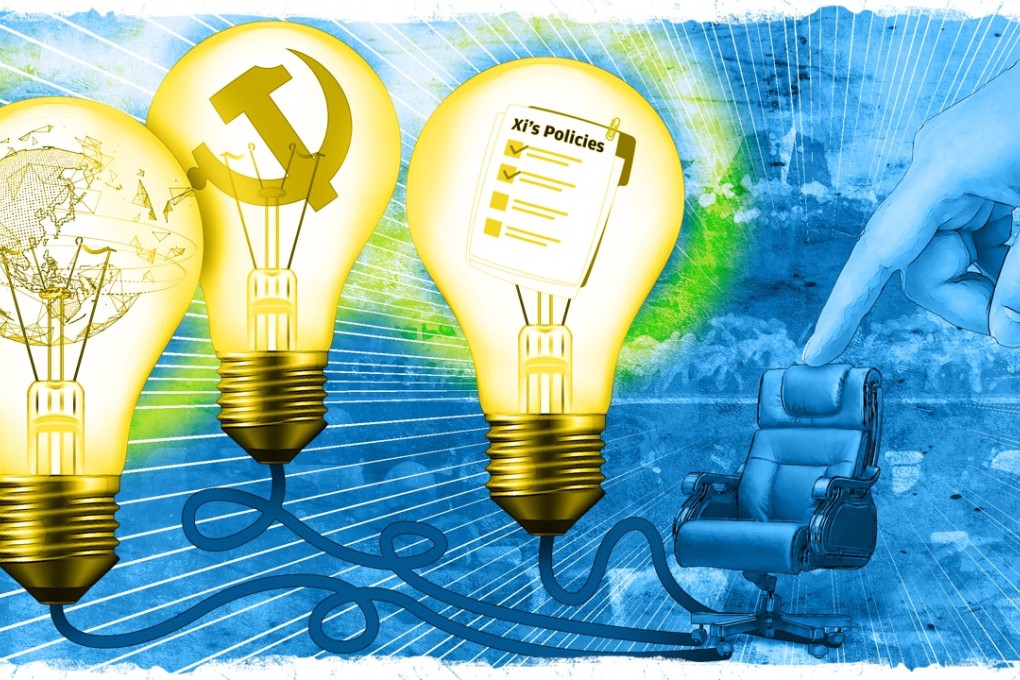In ending presidential term limits, ‘Xi Jinping is thinking global and acting local’
The presidency is a largely nominal office in the Chinese political system but it has advantages for a leader looking for a bigger role in world affairs, analysts say

While Xi’s intention to stay in power beyond two five-year terms was no surprise to many China watchers, Beijing’s announcement on Sunday of a planned amendment to the two-term clause in the constitution so early in his second term did catch many off guard.
They said the announcement that Xi could stay on beyond 2023 also sent a message to cadres to abandon any hopes of deferring Xi’s policies by “waiting him out”.
China will scrap limit on presidential terms, meaning Xi Jinping can stay on
In Chinese politics, real power rests in the positions of the party’s general secretary and the chairman of the Central Military Commission, with the presidency the least important of the three offices Xi holds.

Since there is no written limit on his tenure as the party and military chief, Xi could theoretically cling on to power by breaking with recent precedent and not stepping down from these two positions. But he would not be able to meet with other heads of state on an equal basis without the presidency, observers said.
“He could have [stayed in power] as both party general secretary and chairman of the CMC, but without changing the presidential statute he would technically not have been able to represent China on the world stage. This is a clear indication that Xi plans to stay in power indefinitely,” said David Shambaugh, a professor of political science and international affairs at George Washington University.